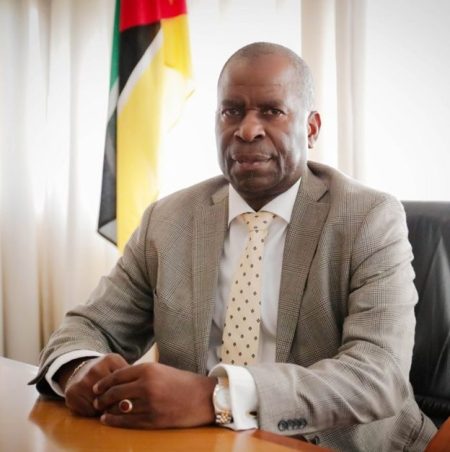
Lisbon/Madrid — Spanish and Portugese officials called on Thursday for Europe to cooperate more closely on managing energy supplies after major producer Russia’s invasion of Ukraine heightened fears of disruptions.
Unlike many of the countries on the continent, which in total relies on Russia for 40% of its gas, neither country on the Iberian peninsula counts Russia among its main providers.
Portuguese Prime Minister Antonio Costa said on Thursday that the Portuguese deep-water port of Sines – the closest European port to the United States, “has the infrastructure to host and export natural gas to Europe”.
Costa told a news conference this would allow energy imports from the United States and Africa.
In Madrid, Energy and Environment Minister Teresa Ribera referred to the fact that Spain has Europe’s biggest capacity to unload seaborne liquefied natural gas (LNG), without saying exactly how this would be used.
It is “vital to reinforce coordination regarding where cargoes from other countries can unload,” she said.
National transmission system operator Enagas will sell extra slots for tankers to unload at gas terminals, Ribera said, following previous “extraordinary auctions” last year.
“We have supported Enagas’s prudent decisions to make a call for extra cargoes,” Ribera said.
Enagas said on Thursday it would auction a futher four slots to add to the 29 already reserved in March. These are “intended for both internal demand and export” and compare with an expected total of 27 in February, it said in a statement.
LNG is converted back into gas at these terminals and then needs to be pumped elsewhere, a difficult thing to do from Spain or Portugal, which have limited pipeline connections to the rest of Europe, with only one running from Spain to France.
A project to build a France-Spain pipeline across the Pyrenees was rejected in 2019.
Costa said he hoped the EU would address the issue of energy security: “In this context, the increase in interconnections between Portugal and Spain and between Spain and Europe as a whole is decisive.”
Andy Brown, the chief executive of Portuguese oil and gas company Galp Energia, told Publico newspaper on Thursday that “as of today, there is not enough liquefied natural gas available to replace the Russian gas.”
“There is a lot of demand and a lot of cargo that already has a buyer, many destined for Asia. Although supplies of LNG (through methane ships) to Europe have grown recently, there is not enough supply to fill the gap, if Russian gas is cut off,” he said.
- Reuters (Reporting by Sergio Goncalves and Isla Binnie; Editing by Andrew Heavens)
- Follow us on twitter



